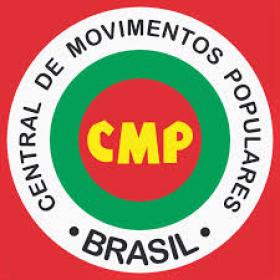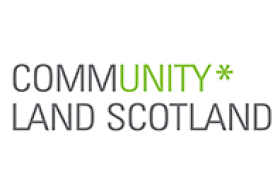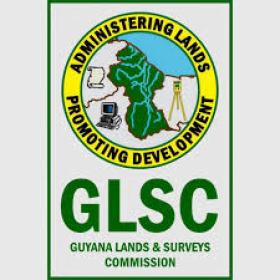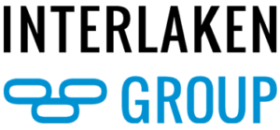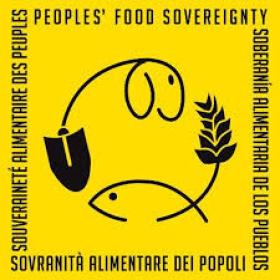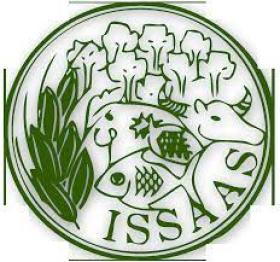Résumé du Forum foncier africain 2021
Dans ce bulletin, la Coalition internationale pour l'accès à la terre - Afrique présente un résumé du Forum foncier africain 2021.
Dans ce bulletin, la Coalition internationale pour l'accès à la terre - Afrique présente un résumé du Forum foncier africain 2021.
The land sector is increasingly being cited as a corruption hub. Many countries across the globe are grappling with land-related corruption that dates to the colonial years and which have metamorphosed into historical injustices and continue to be a source of conflict and violation of basic human rights. Cases of land grabbing, compensation-less expropriation, gender-based discrimination in accessing and ownership of land and related resources, illegal mining deals, bribing to access land administration services among others are not new in the lands sector.
“This plot is not for sale” are the six words you will find, marked on a lot of properties and plots of land in Uganda. The words are meant to ward off quack land or property brokers and conmen. Most of the cases handled in courts in Uganda, and Kampala in particular, are fraud-related cases (like selling land while the true owners are away using counterfeit titles) and land transaction fraud (when fake land titles are obtained and sadly some officers in the land registry are involved).
Last week the World Cocoa Foundation, a membership organization of more than 100 cocoa companies, held its annual partnership meeting in Berlin, Germany. The aim of the meeting is for governments, cocoa companies and farmers to identify and tackle the sector’s largest sustainability challenges. A 90-minute session was devoted to the topic of land tenure. The prominence of the session, as well as the seniority of the presenters – the Head of Sustainable Sourcing for Hershey’s and the Deputy Director General of Cote d’Ivoire’s Land Agency among them – is a powerful signaling effect.
The Latin American and Caribbean Urban CSO Cluster, part of the Global Land Tools Network (GTLN), together with Habitat for Humanity’s Solid Ground Campaign and the Land Portal Foundation, launched an online debate on Urban Land Conflicts in Latin America and the Caribbean in January 2017. Responding to the common interest to make information easy to access and flow to boost collaboration among stakeholders as a critical basis to improve land governance.
Geoffrey Payne outlines five fundamental propositions that are key to his understanding of tenure issues and policy options.
These are:
1) That access to affordable land with adequate security of tenure and associated rights is a pre-condition for realising the goal of adequate housing and poverty reduction;
The challenges associated with determining fair compensation for expropriated land have been extensively discussed and debated among scholars, practitioners, policymakers, and the public. However, to date, a comprehensive study of national-level compensation procedures established by law considering whether such procedures meet internationally recognized standards on compensation valuation has not been conducted.


